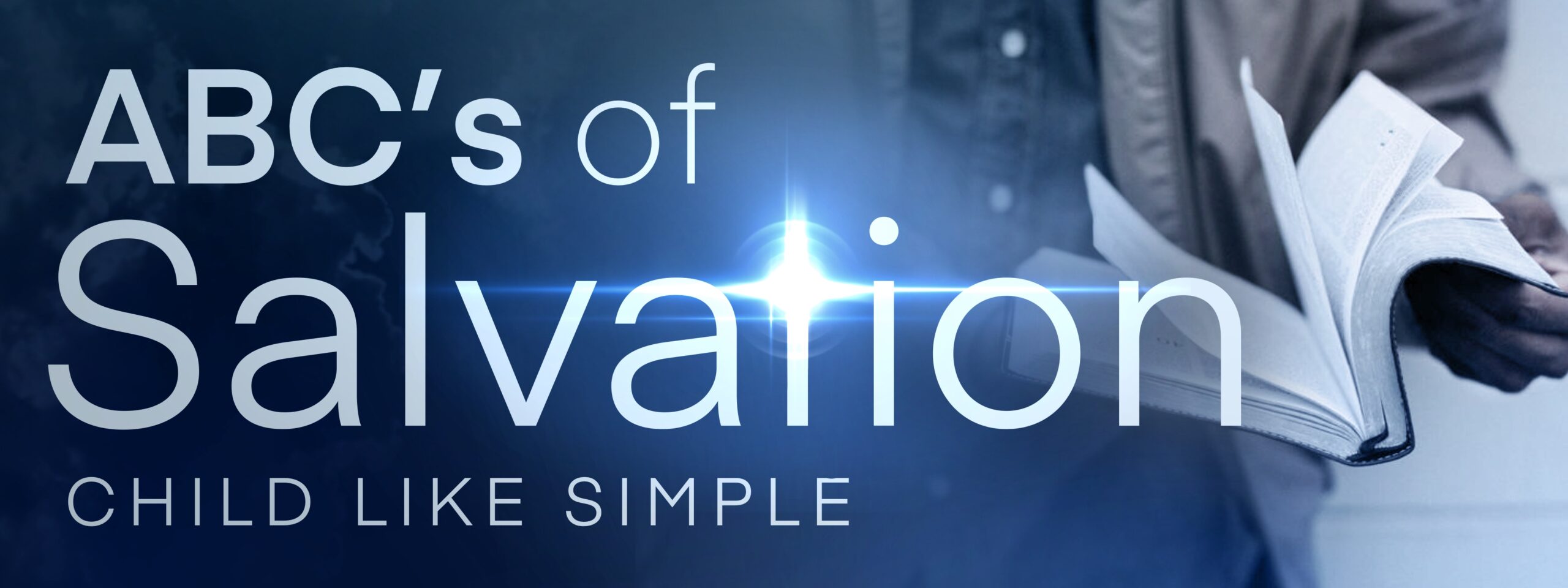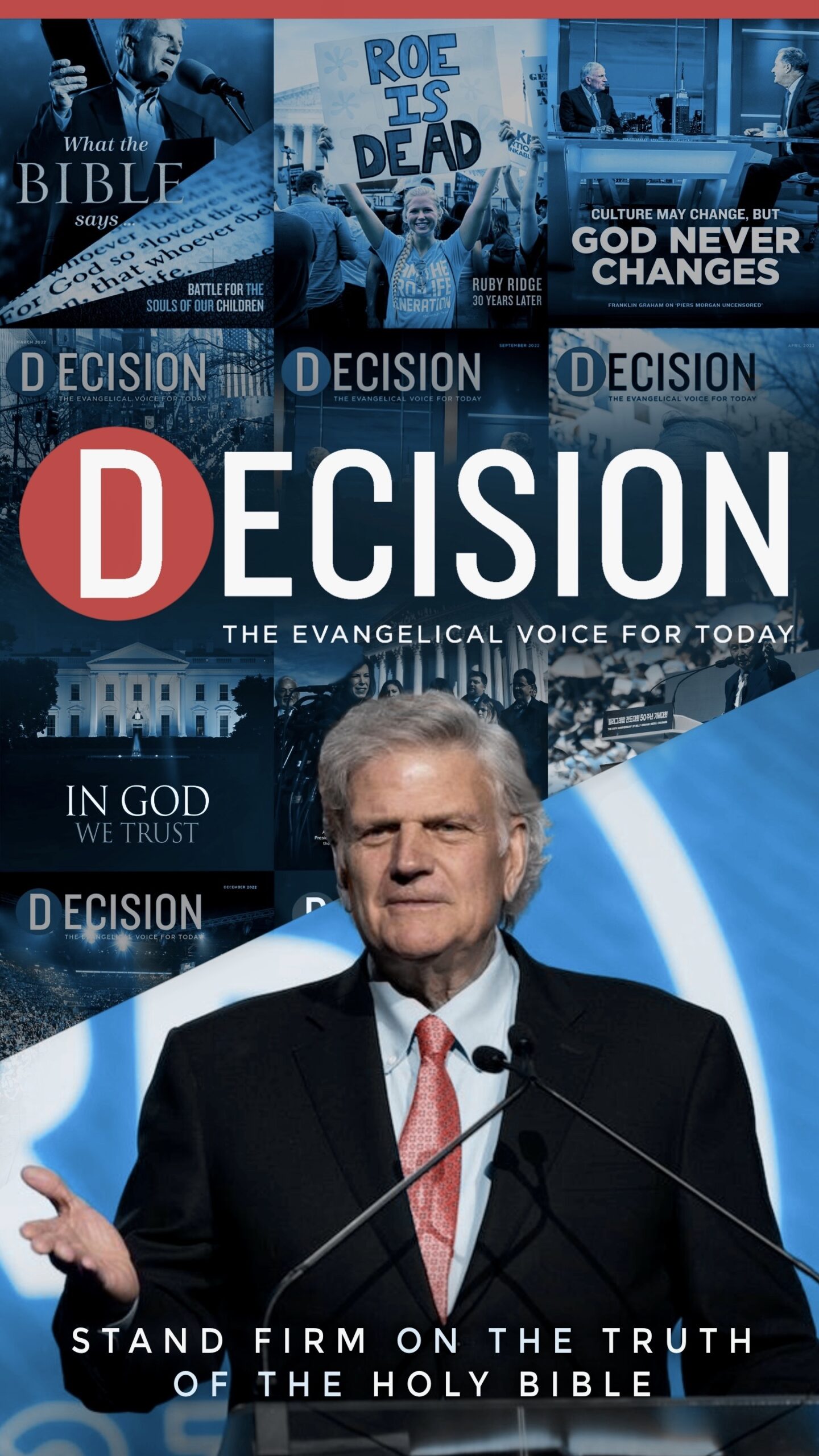It’s likely that the 2024 presidential election will be full of twists and turns that will surprise us. But one issue that is almost certainly not going anywhere is abortion, which promises to remain front and center in our political discourse for at least the next eight months. It is frequently in the news, most recently due to the U.S. Supreme Court’s oral arguments in FDA v. Alliance for Hippocratic Medicine, a case that will decide the future of the abortion drug mifepristone.
Although it is common for pundits and journalists to talk about abortion in the context of politics, pontificating on the relationship between Christianity and abortion is less common. However, two mainstream outlets recently did just that.
Earlier this month, MSNBC commentator Joe Scarborough took to the airwaves to claim that Christians “were pro-choice from the time of Jesus through the time the Beatles broke up.” Specifically, Scarborough claimed that Jerry Falwell, Richard Viguerie, and Paul Weyrich used opposition to abortion to take votes away from Jimmy Carter. According to Scarborough, “They invented the issue of abortion as a religious, not just as a political issue.” The host pointed to the Southern Baptist Convention’s stance on abortion in the early 1970s as evidence that the Religious Right had successfully co-opted abortion as a political issue.
Similarly, Politico published an opinion piece provocatively titled “Why Christians—and Republicans—Should Reconsider the Premise that ‘Life Begins at Conception.’” In the article, Bradley Onishi, a former evangelical minister who now teaches at the University of San Francisco, claims that the Catholic-Protestant coalition on abortion formed in the 1970s as part of an intentional effort by the “New Right” to “colonize the GOP” and “retake the country for the white Christians they represented.”
Onishi argues “there is widespread and nuanced theological debate about the beginning of life in the history of Christianity.” He claims, “The idea that life begins at conception is far from a universally agreed upon matter of historical Christian doctrine. When viewed in the long history of the Christian tradition, it is actually a minority opinion.”
Onishi, like Scarborough, blames Falwell and the Religious Right for politicizing abortion. According to Onishi, a careful look at the historical record will demonstrate that Christian luminaries like Augustine and Aquinas allowed for abortion before “quickening” (when a mother feels her baby move), which is somewhere around 18 weeks of pregnancy.
How should Christians think about these arguments?
First, it is crucial to note that neither Scarborough nor Onishi ever invoked Scripture in their arguments. Not once does either commentator even attempt to grapple with passages like Psalm 139:13-16 or Luke 1:39-45. But these passages are crucial for determining the Bible’s teaching on abortion. As I’ve argued elsewhere, these passages, and many others, teach that life, from the moment of conception, is valuable and worthy of respect.
Second, church history is instructive. Although fourth-century leaders like Augustine indeed made a distinction between pre-quickening and post-quickening (as Onishi notes in his article), Augustine condemned abortion in both instances. Additionally, contrary to recent assertions, the Christian church has consistently affirmed the Bible’s pro-life teaching. In fact, one of the earliest Christian texts, the Didache (AD 50-120), taught, “Thou shalt not procure abortion.” Other early church leaders, including Athenagoras (133-190), Tertullian (155-220), John Chrysostom (c.349-407), and Augustine preached against abortion.
During the Protestant Reformation, John Calvin continued the church’s teaching, noting, “The unborn child… though enclosed in the womb of its mother, is already a human being.” Notably, it is difficult to find a church or denomination that approved of abortion until the 1960s. The churches that eventually changed from a pro-life to pro-abortion position were the same churches that had previously embraced theological liberalism, which rejects the inerrancy and authority of Scripture.
Although the arguments put forth by Scarborough and Onishi are unconvincing from a biblical and historical perspective, the timing of their appearance — just as the 2024 general election is about to begin — is notable. Clearly, there is an effort underway to convince Christians that the Bible is either neutral on abortion or even pro-choice. Recently, this argument has appeared in academic and popular works.
Unfortunately, at a time when clarity is needed, many churchgoers are confused about what the Bible has to say about when life begins and whether abortion is morally permissible. Although passages such as Psalm 139:13-16, Jeremiah 1:4-5, and Luke 1:39-45 teach a pro-life ethic and provide compelling evidence that the Bible bestows dignity on every person at the moment of conception, Family Research Council’s 2023 worldview survey found that only 65% of churchgoers believe the Bible indicates when life begins. Notably, among those who believe the Bible teaches on the topic, only 52% think Scripture demonstrates that life begins “upon fertilization of the female egg.” Thus, only 34% of churchgoers believe the Bible teaches that life begins at fertilization.
This finding demonstrates that most churchgoers have not embraced the Bible’s teaching on when life begins. Additionally, 63% of churchgoers identify as “pro-life” compared to 22% who identify as “pro-choice.” The reality that one out of five worshipers identifies as “pro-choice” also suggests confusion and a lack of discipleship on this topic in many churches.
Significantly, in the year after Roe v. Wade was overturned, only 41% of evangelical churchgoers heard a sermon or teaching about abortion in a weekend worship service. Although it is probable that some, if not most, churches acknowledged the outcome of Dobbs v. Jackson Women’s Health Organization (2022) in some way — in a pastoral prayer or in-service announcement — it is nevertheless noteworthy that most evangelicals who regularly attend church told pollsters they had not heard a sermon or teaching that commented on abortion since Roe was overturned.
Additionally, 70% of churchgoers indicated a desire for their church to provide additional biblical worldview education related to abortion and the value of life. Also, about a third (31%) of churchgoers indicated a desire for their church to teach “more often” about abortion in the weekend worship service (13% said they wanted to hear about abortion “less often”). Thus, many churchgoers desire to learn more about abortion at church, whether in a morning sermon or Sunday school class. This desire for more teaching offers pastors a strategic discipleship opportunity.
In the face of stiff cultural winds (represented by the likes of Scarborough and Onishi), some Christians are unsure of what to believe about the morality of abortion. However, God’s Word teaches that human life is inestimably valuable and that abortion is wrong. In a post-Roe world, Christians need to know these truths and have the confidence to articulate them.
Absent a working knowledge of Scripture, election-year arguments about Christian theology and abortion can begin to sound persuasive and lead even well-meaning believers into error. As the 2024 election approaches, claims about what Christianity teaches or what Christians believe on contentious issues will proliferate. Many of them will be false or misleading.
Because familiarity with God’s Word is the best antidote to false teaching, Christians — especially pastors and lay leaders — should embrace spiritual disciplines that prioritize Scripture (such as preaching, Bible study, etc.).














